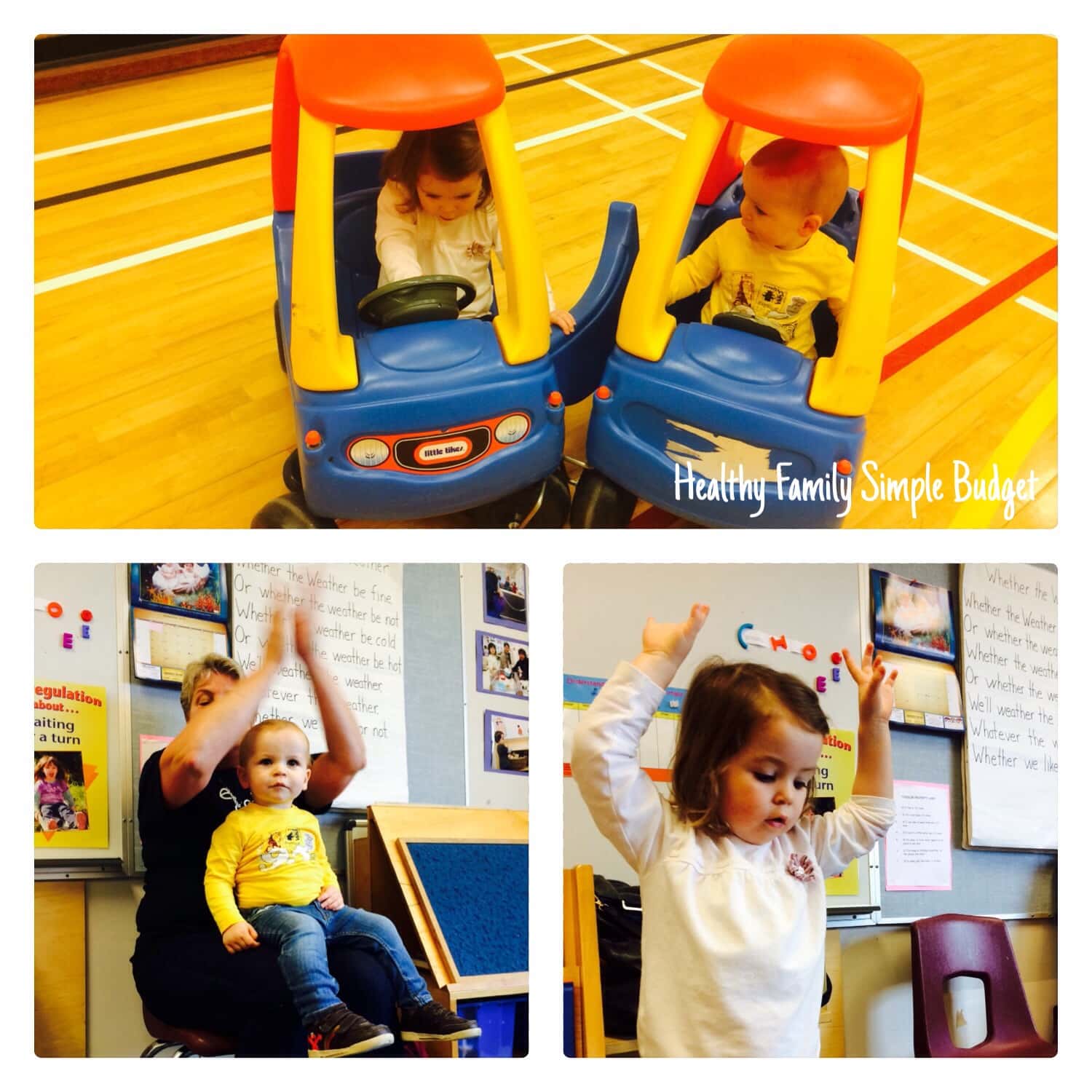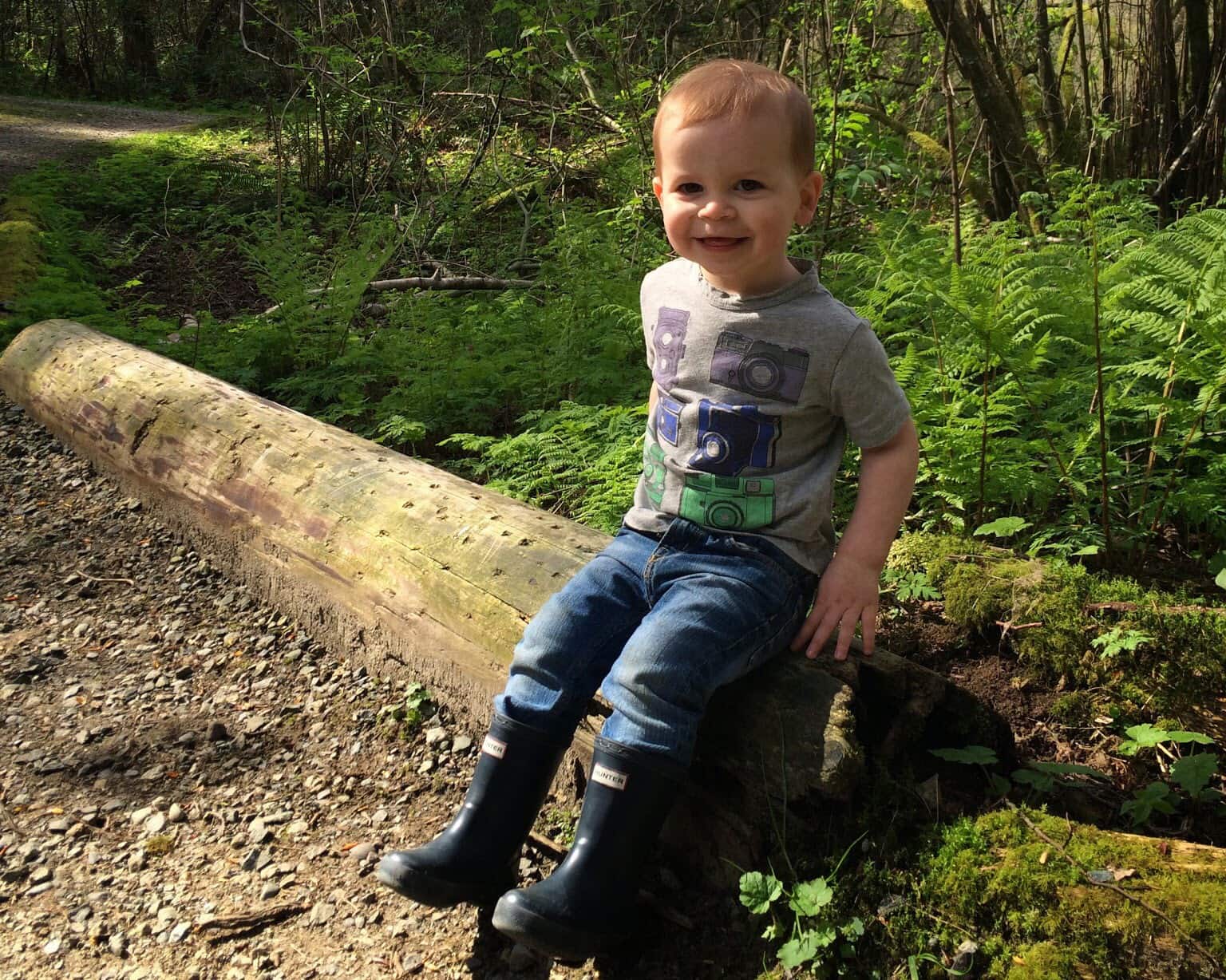 Today at StrongStart, a drop-in early learning program my kids and I attend regularly, I surveyed the room as I often do and reflected on the languages being spoken to the children attending by their respective caregivers. Though the language of the majority in Canada is English, the language spoken most by grandparents and parents attending StrongStart is one of the Chinese languages. Arabic, Romanian, Serbian, French, Swiss German, Punjabi, Japanese, Korean, a Filipino dialect, and other languages are staples spoken in our centre as well. When I do reflect on the languages being spoken, I can’t help but wonder about the decision-making process that went into teaching these little ones the native language(s) of their parents. Was it simply that many of them couldn’t communicate well enough to teach them English and therefore it happened by default? Was it with the intent of maintaining and passing on many of the attributes of their culture? Was it meant to enhance their education and subsequent language learning by giving them a language they would otherwise likely not learn in North America? Was it to make their relationships with relatives in their native country easier? No matter the reason, I do wonder if each family fully anticipated the struggles and all of the benefits that come with only/ predominantly speaking a minority language with their children.
Today at StrongStart, a drop-in early learning program my kids and I attend regularly, I surveyed the room as I often do and reflected on the languages being spoken to the children attending by their respective caregivers. Though the language of the majority in Canada is English, the language spoken most by grandparents and parents attending StrongStart is one of the Chinese languages. Arabic, Romanian, Serbian, French, Swiss German, Punjabi, Japanese, Korean, a Filipino dialect, and other languages are staples spoken in our centre as well. When I do reflect on the languages being spoken, I can’t help but wonder about the decision-making process that went into teaching these little ones the native language(s) of their parents. Was it simply that many of them couldn’t communicate well enough to teach them English and therefore it happened by default? Was it with the intent of maintaining and passing on many of the attributes of their culture? Was it meant to enhance their education and subsequent language learning by giving them a language they would otherwise likely not learn in North America? Was it to make their relationships with relatives in their native country easier? No matter the reason, I do wonder if each family fully anticipated the struggles and all of the benefits that come with only/ predominantly speaking a minority language with their children.
In My Own Family
Coming from immigrant Irish, I’m hardly culturally exotic. However, I was fortunate enough to attend French Immersion throughout grade school, and took a few German classes along the way. It was in a German class; I was first introduced to the notion that kids didn’t need to be taught to speak English where English is the majority. My teacher stated very matter-of-factly, “Some have questioned mine and my husband’s parenting choice to only speak German in our home and send our kids to French school… They will learn English playing in the neighbourhood! Watching TV!” And sure enough, her kids did. My husband has been my most in-depth exposure to multilingualism (go figure, it involves the same three languages). His mom immigrated to Canada from Germany in her late teens and married his father, a French Canadian, a few years later. Immediately, they decided that each would only speak their mother tongue to their children and held firm. To this day, my husband will talk to his mom only in German and his dad only in French. And it has served their family well, though initially their family lived in the Maritimes, they quickly moved in and out of French Canada, and to Austria, Switzerland, and Belgium at different times. My mother-in-law admitted their decision had its share of difficulties; people would ask why they wouldn’t speak in a language everyone could understand in social situations. Her answer, she needed to solidify the German as English would come so easily. There were times her kids would approach or respond to her in English. And that was hard, but she persisted. I see the difficulties in my home from time-to-time. My daughter will say something to my husband in English, and he has to be diligent repeating what she has said in French. Furthermore, the reading and resources in our household tend to be in English, making up the translation isn’t always fun. And, as we’ve seen in our home, initial vocabulary acquisition can be slower than children who only speak one language.
What the Research Says
When compared to monolingual peers, children who speak more than one language show greater executive functioning as a result of separating the two or more languages in their brains. They tend to have greater attention spans, and are able to better explain how language works (see the full source of this information here and here). According to Salary.com, bilingual people earn anywhere from 5% to 25% more than monolinguals.
Despite the benefits, parenting toddlers requires enough repetitions and reminders. Reminding little ones to sit on their bum, keep their hands to themselves, and say please is exhausting enough without needing to remind them to speak the language of their elders. So please, parents of a linguistic minority, know you have my immense of admiration for all of the extra energy you put in to give your child such a privilege.
I would love to hear your thoughts. Do you speak more than one language at home, or a language other than that of the majority? Please share your story. xo Alana











Does it count to let them watch Dora? ? I agree…I have immense respect for multilingual families. We’re doing good to focus on English and trying to get in the abc’s And 123’s ☺
According to my daughter, it sure does! Lol. She can almost endlessly be heard singing, “I speak Spanish and English too. I like them both. How about you?” from a Dora episode. Geez. I think British (Peppa inspired accents count too 😉 )
Hahaha! So glad because Peppa is a favorite around here! ? I think our kids would get along well lol
We spoke only English at home although my husband’s native language is not English and we wished that we had put more effort into using both languages.
I really understand why people don’t Shelah, though there is a lot to be gained by having another language. Thank you for your comment.
Wow. I admire people who speak more than one language. Everyone in my family speaks only English. I would love to know more than one, I know full immersion seems to be the best way to learn. That is so amazing how your husband was brought up. What a gift his parents gave him! And that you are giving your children!
Thank you so much, Tarynn! I feel really fortunate. Immersion is what I did (coming from a completely english-speaking family as well) and it was great.
very interesting. Not surprising that so many immigrant children achieve so well in school
Thank you <3
I wish we were able to teach our children other languages, but we both speak English and understand and can make cursory conversation in Spanish because we live in Southern California. I am slightly jealous that our neighbors are teaching their son Farsi because that is their native language.
Thank you for sharing your experience Jen! That’s cool that you have some Spanish under your belt. I would love to become move beyond what Dora the Explorer has taught me through my kids. Farsi is another language I would also love to have on my repertoire as there are many Iranians that live near us. I wish I could converse more readily as the people I’ve met have been so lovely.
Love this article &I will be sharing it with my husband. I’m really trying to get him to understand how important it is for us to speak to our daughter in our languages even though she’s only 11months but still lol. I speak Spanish &English, he speaks Berber, French, Arabic &English. To be honest though I’m a little confused on how we will make it work 🙁 because we speak to each other in English.
Great article. My wife and I are trying to raise our daughter to be bilingual. She’s only 18 months, but it’s certainly challenging already, especially when we’re feeling tired. I find focusing on the benefits of being bilingual. some of which you’ve mentioned here, can really motivate parents to stick at it, especially if you feel you’re not getting anywhere with one of the languages. Raising a bilingual child is certainly a long term goal!
Graham
http://www.bilinguababy.com